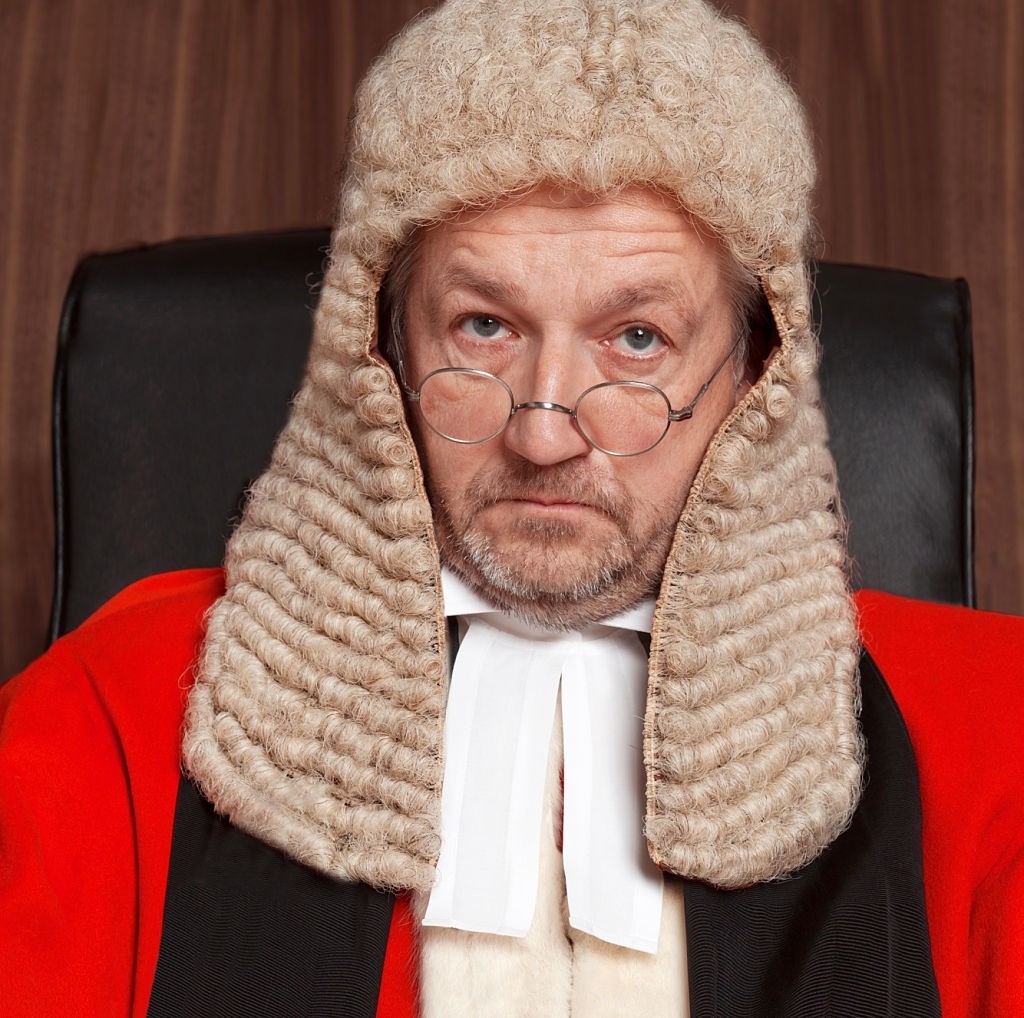The U.S. Tax Court is a unique court. Some say that the court is not really a court, rather, it is an executive agency of the government.
There is some truth to this. The judges are appointed and not elected. The court isn’t authorized to hear general disputes. Instead, it has to look to Congress and statutes passed by Congress for its grant of jurisdiction. These are just a few of the aspects that make it more like an administrative agency.
The court has tried hard to make itself appear more like a court, however. That is why the Ballard dispute is so surprising. It is a huge step backward for the court.
The tax court released a 400+ page opinion involving the Supreme Court’s ruling in the Ballard v. Commissioner case today. This case continues the Ballard dispute saga that casts a shadow on whether the U.S. Tax Court is an impartial judicial forum.
Contents
The Ballard Dispute
The readers of this blog will recall the Ballard case involved the Supreme Court holding that the tax court had failed to follow its own rules and the tax court then tried to downplay the significance of its rule violation. The issue in the Ballard case was whether a judge who did not actually hear the case could re-write a report (four years later!) that summarized the case that was written by the judge that presided over the case.
The Supreme Court, citing the tax court’s own rules, issued a judicial opinion that clearly and unambiguously says that the answer is “no.” The idea is that the judge that heard the witnesses and saw the evidence presented is in a better position to judge the matter at hand, not a judge who is unfamiliar with the case.
The Court Changes its Rules
After the Ballard opinion, the U.S. Tax Court amended its procedural rules. The amended rules essentially provide that the judge who did not hear the case can “adopt, modify, or reject” the recommendations of the judge who did hear the case and the judge who did not hear the case can correct “manifestly unreasonable findings of fact or [make] additional findings of fact, so long as any additional facts find direct support in the case record.”
In this first case applying this new rule, the U.S. Tax Court now exercises its authority to disregard and supplement the recommendations of the judge who actually heard the case. The U.S. Tax Court does this by analyzing the words used in the judge’s report and other documentary evidence – in the process disregarding testimony from IRS employees and from the taxpayer that the judge was not present to hear.
These rules do not seem consistent with the Supreme Court’s mandate in Ballard.
Lingering Questions About Impartiality
A layperson may expect the judge who hears the facts to be the final authority on what the facts are and are not. That is why you have the judge hear the facts in person, rather than just sending in video or audio tapes for the judge to review. A lot of what goes on in the courtroom does not get included in the record; therefore, a review of the record is inadequate to decide what the facts are in a case.
A layperson may also question whether the new rule comports with the sense of justice, fairness, and, most importantly, a finality that is a hallmark of our judicial system. Having a second judge and rewrite the facts years after the case is heard will only result in taxpayer confusion and distrust.
The Takeaway
Those who are employed in decision-making positions, such as tax court judges, wield a lot of power. The rules that allow decision-makers to operate typically give latitude in how the person makes their decisions. The new tax court rules go way beyond that. This is particularly problematic in that tax court judges are not elected and can easily advance their own agendas. Having a second judge who didn’t hear the case makes this even worse. The general rule is that those who can afford refund litigation, i.e., pay the tax and sue for a refund in U.S. district court, have more access to justice than those who cannot. Those who cannot are stuck with the U.S. tax court and its foibles.
In 40 minutes, we'll teach you how to survive an IRS audit.
We'll explain how the IRS conducts audits and how to manage and close the audit.


